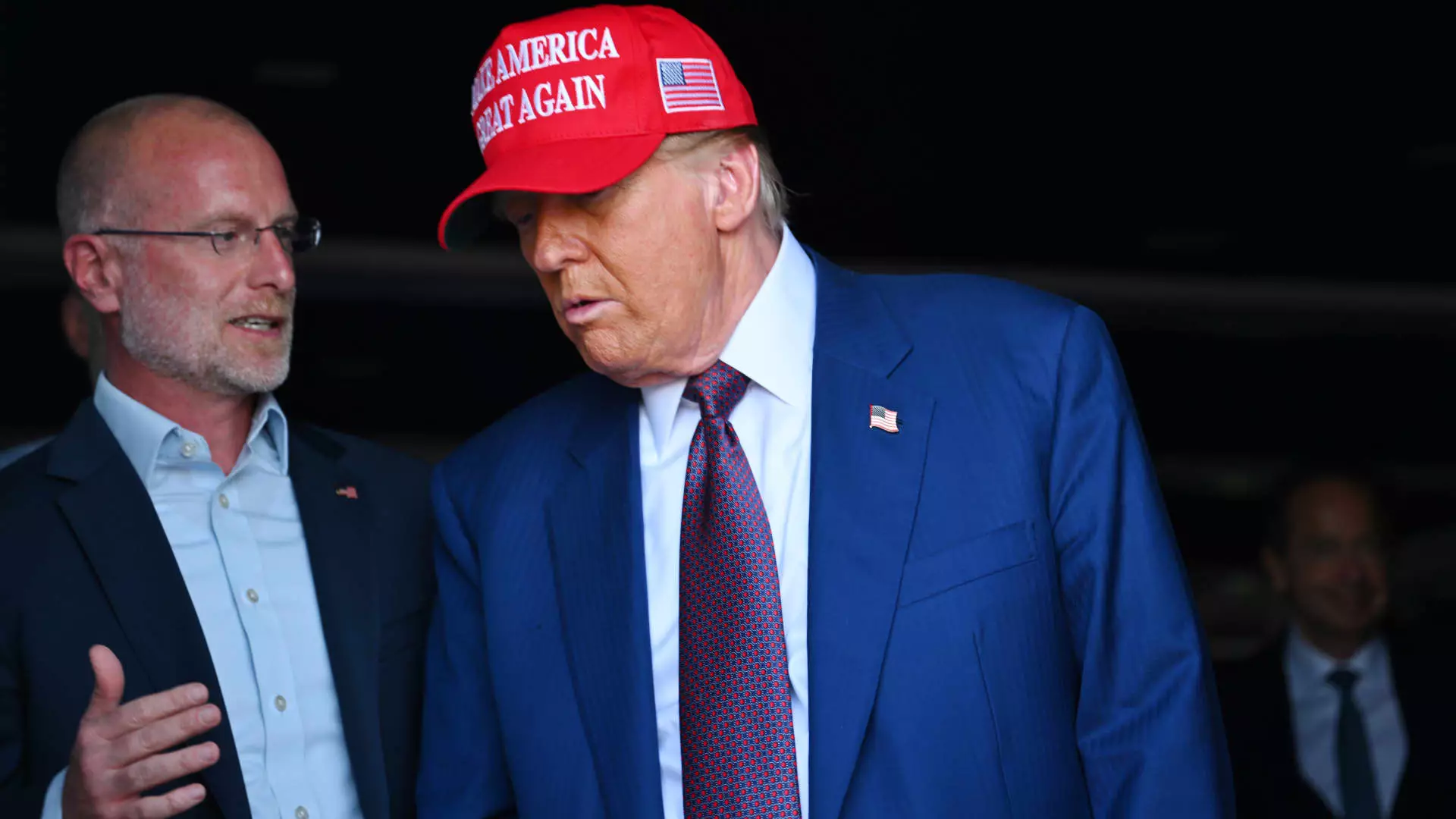The Federal Communications Commission (FCC) has announced an investigation into Comcast Corp., centering on its practices regarding diversity, equity, and inclusion (DEI). This development arrives in a politically charged climate, with broad implications for corporate governance and social responsibility. The FCC, being the regulatory body for the media and telecommunications sector, raises questions about the intersection of regulatory compliance and corporate ethics within one of its most influential players. This inquiry is significant not merely for Comcast, but also as a potential indicator of shifting norms regarding DEI across various sectors.
The backdrop of this investigation is marked by President Donald Trump’s executive order, which calls for the elimination of DEI practices in U.S. corporations. Such a mandate raises serious questions about the future of corporate social responsibility in America, particularly in industries like media that play a pivotal role in shaping public discourse. The FCC’s decision to begin its inquiry “based on concerns over compliance” presents a unique intersection of regulation and corporate practices, prompting a broader discussion about DEI’s role in the workplace.
FCC Chairman Brendan Carr, notably appointed by Trump, is spearheading the investigation into Comcast and its media subsidiary, NBCUniversal. He expressed particular concern about the possibility that these entities might be engaging in “invidious forms of DEI that do not comply with FCC regulations.” This phrasing suggests that the inquiry is not only about promoting DEI but critically evaluating the manner in which diversity initiatives are manifested. The notion of “invidious” implies that the inquiry might be based on perceptions of preferential treatment or discriminatory practices, which complicates the dialogue around equitable hiring and inclusiveness.
In his letter to Comcast, Carr highlighted the company’s self-identified ethos of DEI as a “core value.” The reference to specific DEI initiatives—such as dedicated training days and leadership training—portends scrutiny into whether these programs are just rhetoric or effective mechanisms of change. The inquiry might bring to light the challenges of properly implementing DEI initiatives, especially when they are viewed skeptically by regulatory bodies.
In response to the FCC’s inquiry, a Comcast spokesperson stated they would cooperate fully, reaffirming the company’s long-standing commitment to integrity and respect. This assurance, however, contrasts sharply with the potential ramifications of the investigation. If the FCC were to find violations, Comcast could face regulatory challenges that may affect its operations considerably. Such findings could prompt broader investigations into other corporations, especially in an environment where politically motivated regulatory actions are gaining traction.
This inquiry sends a broader message about the fragility of DEI programs in the current political climate. Other media giants, including Disney, are already revising their DEI frameworks to align with emerging standards, suggesting an industry-wide apprehension toward regulatory oversight. Furthermore, public broadcasters like PBS have already dissolved their DEI offices to align with the dictates of the executive order, showcasing a retreat from progressive corporate governance practices.
Future Outlook: The Landscape of Corporate DEI Practices
The investigation into Comcast raises critical questions about the future of corporate DEI initiatives, particularly in industries that are under significant scrutiny from regulatory bodies. This incident highlights the potential consequences for organizations that champion DEI in their operational frameworks but may find themselves at odds with federal policies. Such a dichotomy can create an uneasy tension that could stifle genuine progress toward inclusivity.
As corporations navigate this complex landscape, the challenge will be to strike a balance between adhering to regulatory demands and maintaining a commitment to diversity and inclusivity. Companies might need to rethink their strategies, ensuring that while they comply with the evolving regulations, they do not entirely lose sight of the ethical imperatives that drive DEI initiatives in the first place.
The FCC’s investigation into Comcast’s DEI efforts beckons a critical examination of broader corporate practices in the media industry. The outcomes of this inquiry could well determine the windfall for diversity initiatives moving forward, creating ripple effects across the corporate ecosystem and reshaping the narrative of corporate responsibility in America.

